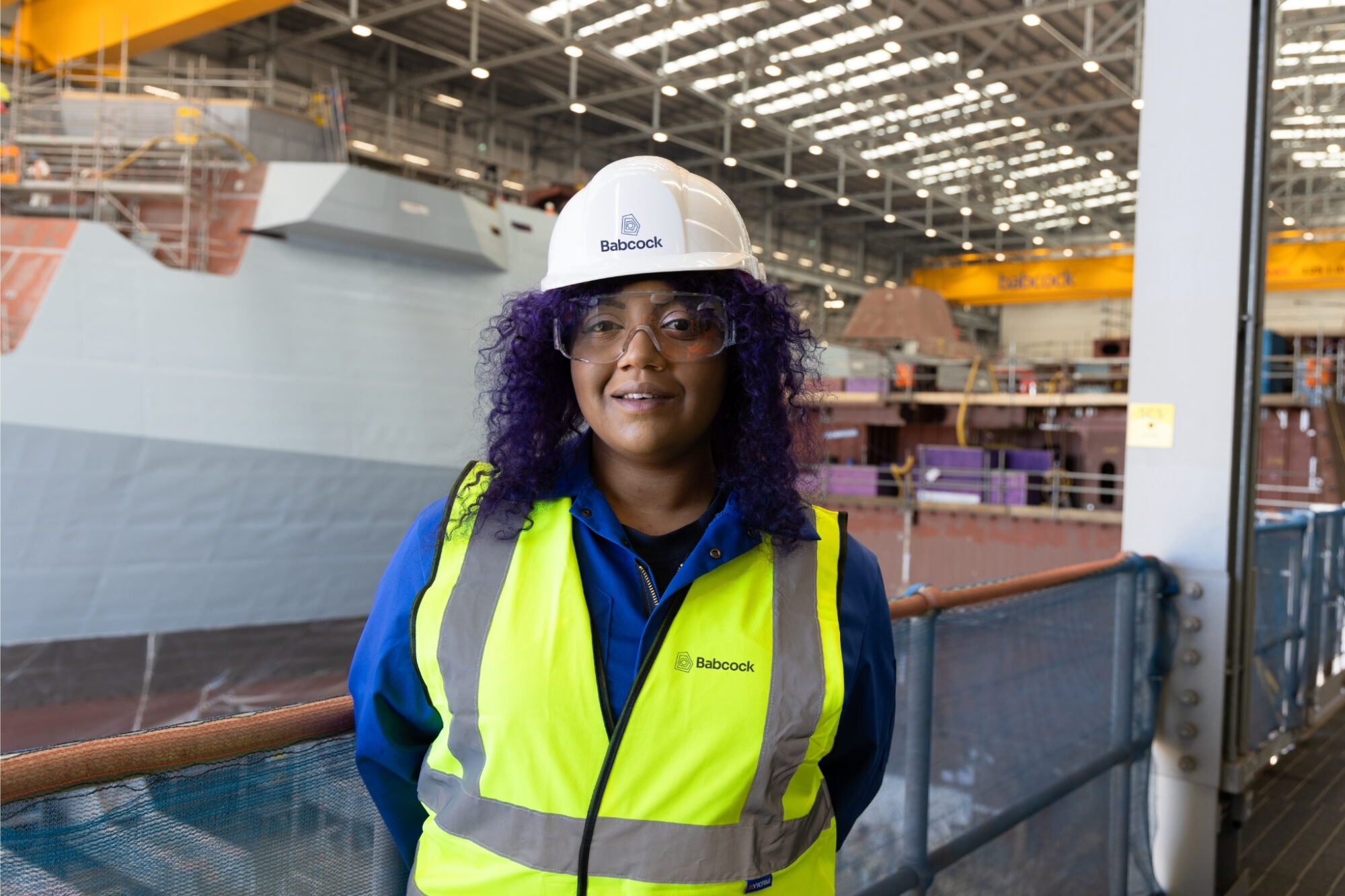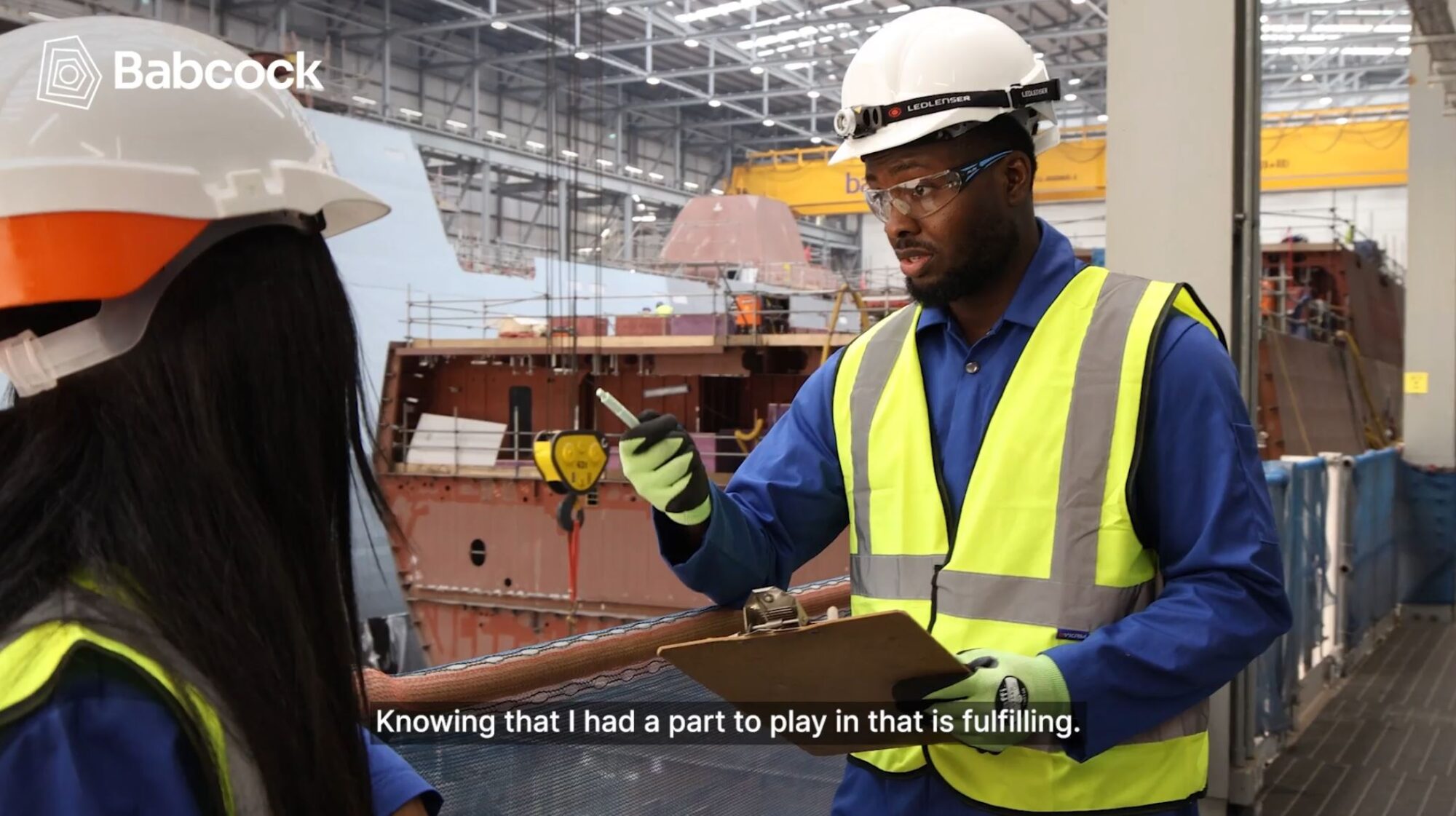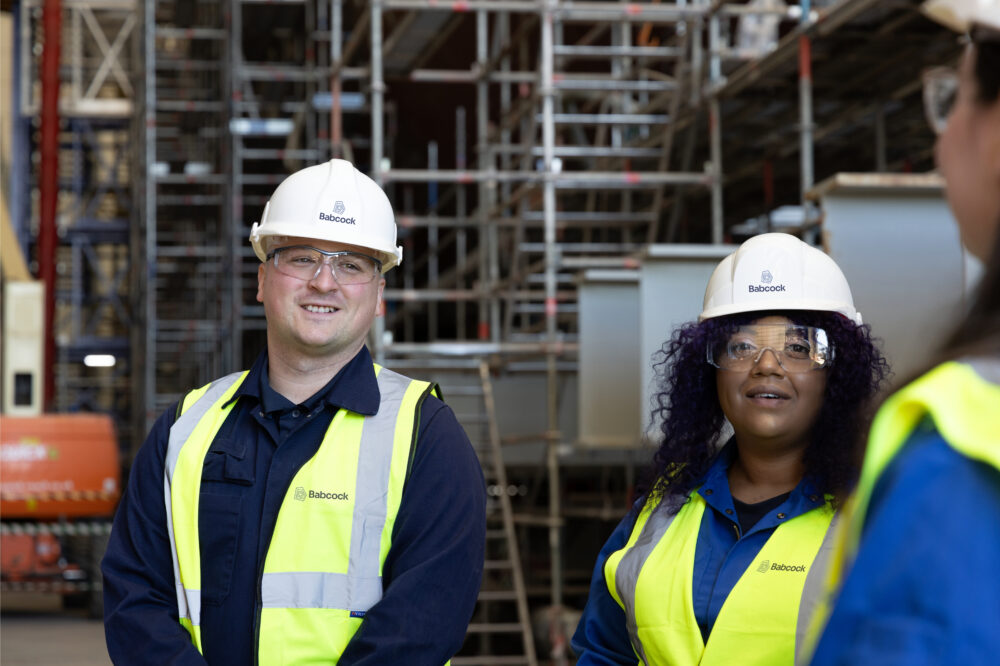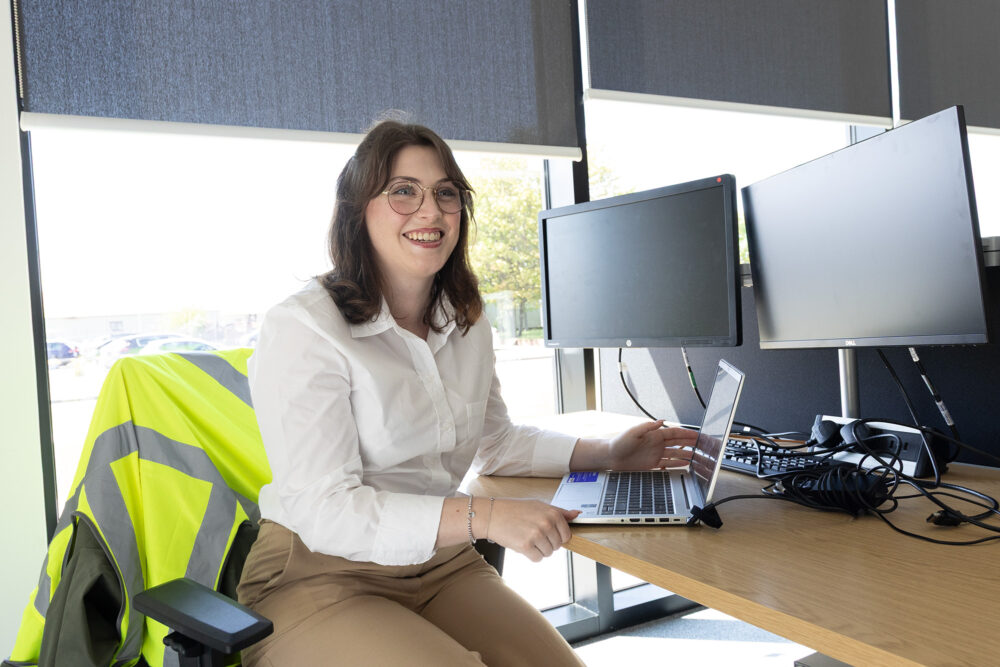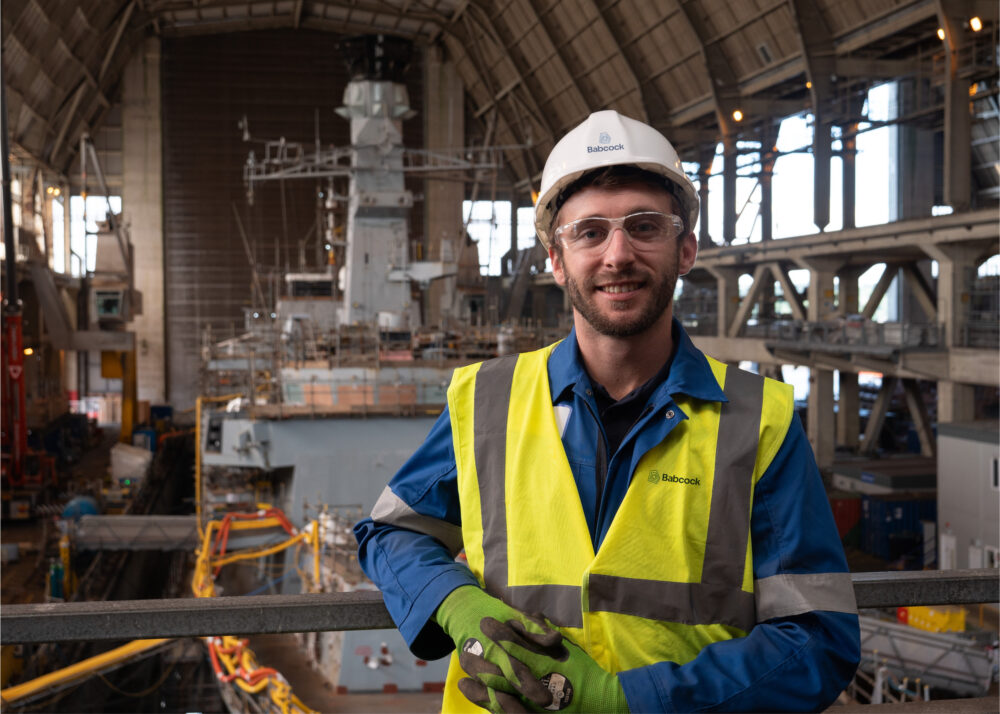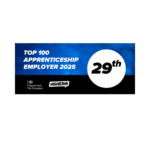What will you do on the programme?
Join our Electrical, Control and Instrumentation Engineering Graduate Programme and play your part in delivering some of the UK’s most impactful engineering projects.
At Babcock, you’ll support work across various stages of the engineering lifecycle – from technology innovation and concept design to production, commissioning, in-service support, and decommissioning.
You could be designing cutting-edge submarines, converting military vehicles, refurbishing ships, or advancing next-generation nuclear power plants that support the UK’s net-zero goals. You might also help build safer, more efficient rail networks.
Whatever you’re working on, you’ll apply your engineering knowledge to meaningful projects, collaborating with experienced professionals to deliver innovative, high-quality solutions.
